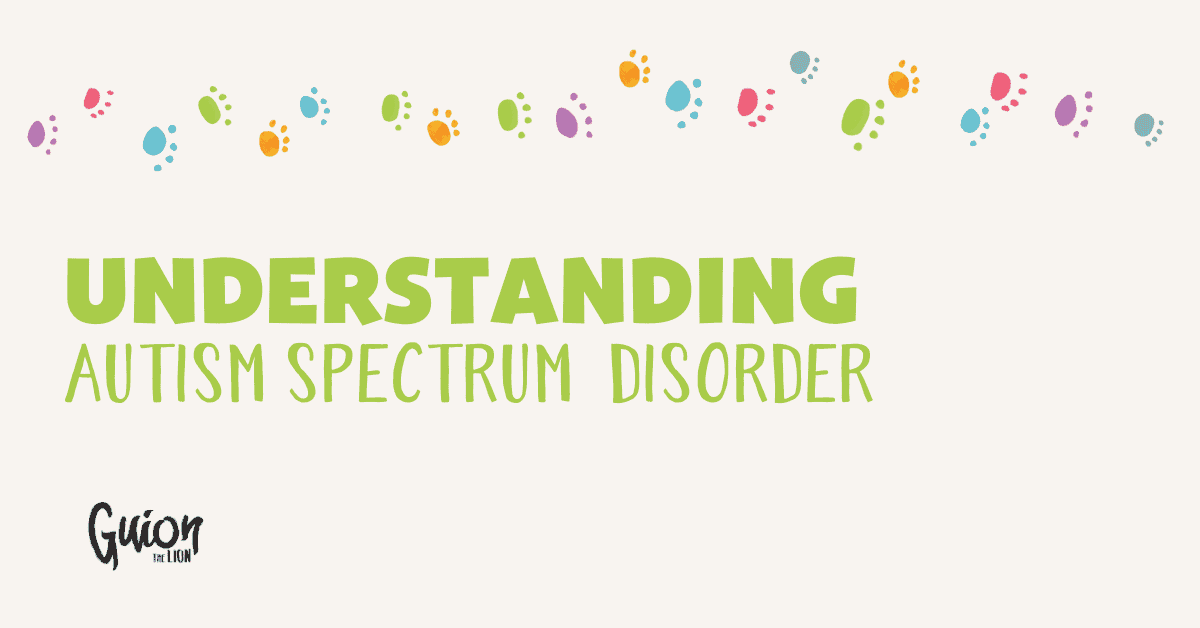




Autism spectrum disorder (ASD) is a neurological and developmental disorder that refers to a broad range of conditions characterized by challenges with social skills, repetitive behaviors, speech and nonverbal communication. Signs of autism often appear by age 2 or 3, and it can be diagnosed as early as 18 months.
How familiar are you with Autism Spectrum Disorder? Do you have a child in your class with autism? Or a friend who has a child with autism? According to the Centers for Disease Control, autism affects about 1 in 44 children in the U.S. today. In honor of Autism Acceptance Month, let’s bring to light a few important truths to understand about Autism and children who are impacted by the disorder.
Join me in supporting full inclusion and acceptance for all individuals, but especially those with autism, Down syndrome and other special needs. Just look around–we’re all different. We look different, have different personalities, like different foods, enjoy different activities, and have different perspectives on the world around us. Similarities may bring us together, but it’s our differences that make this world a beautiful and colorful place.
My personal experience with Down syndrome and passion for inclusion inspired me to write Guion The Lion, a children’s book that conveys a message of empathy, to be used as a social emotional learning tool. In raising my 3 kids, I have become a big believer in social emotional learning. ALL children – those with and without special needs – need help developing social emotional skills, like kindness, empathy and inclusion.
Using colorful illustrations and charming animal characters, Guion The Lion shows that new perspectives can open the door to unexpected fun. My hope for the children’s story is that it encourages children to embrace others’ differences and perspectives before they begin forming their own judgements and assumptions.
Order a copy today! Follow Guion The Lion on Facebook and Instagram for social emotional learning resources, inspiration and more.